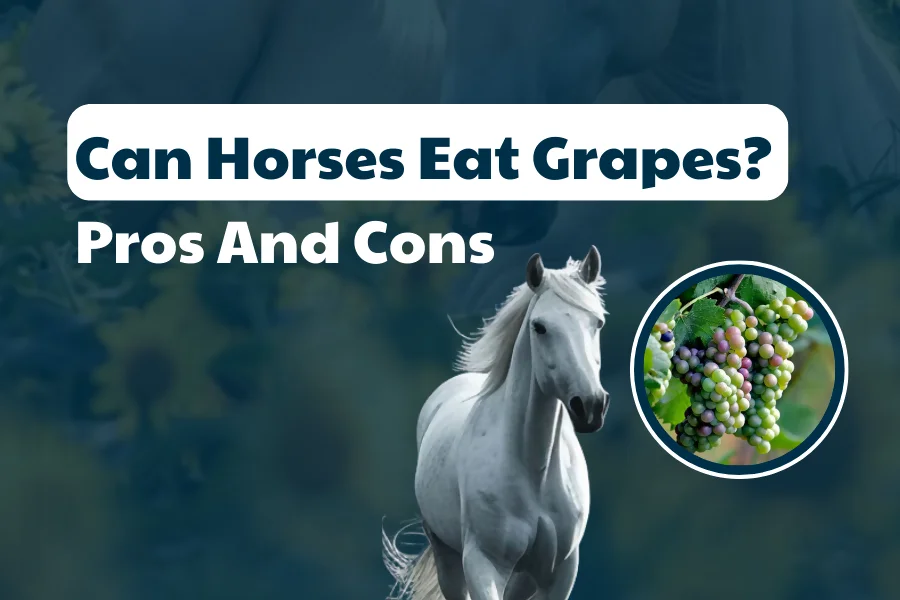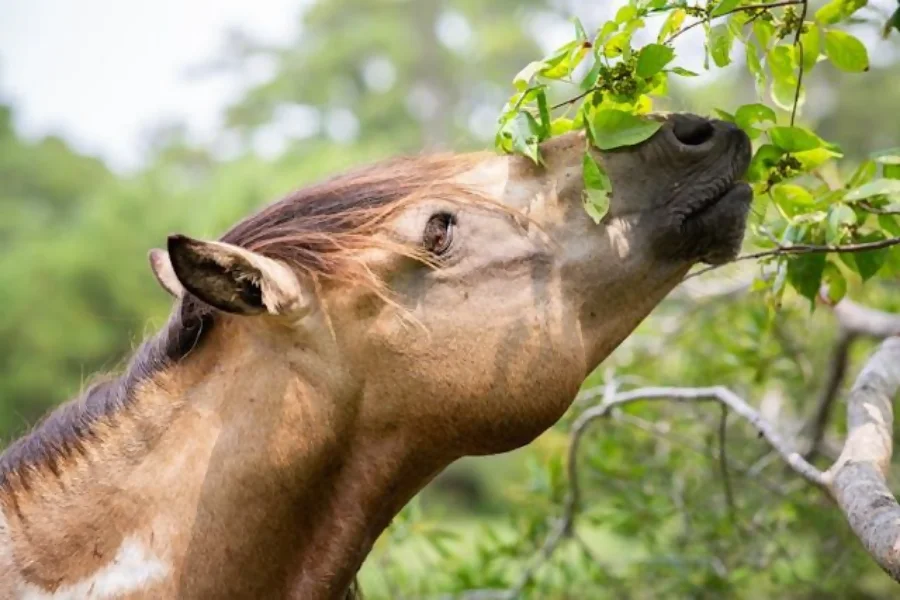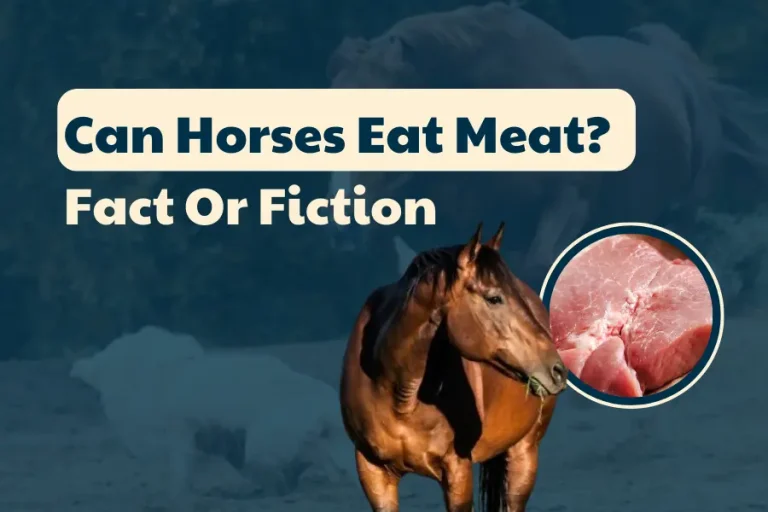Can Horses Eat Grapes? Pros And Cons

Can horses eat grapes? Horses’s meal is a very familiar question for any horse lover in taking care of the loyal animal. The answer is certainly yes. Because horses are herbivores, they can eat and survive in any kind of vegetation like hay, grass, or even grapes. Horses have such a complex digestive system, so the horses need to be fed the grapes properly to protect their digestive systems.
The following article will support equestrian enthusiasts: Can horses eat grapes? The potential benefits and risks suggested grape amounts, and how to properly include grapes into your horse’s diet.
Can Horses Eat Grapes?

Yes, horses absolutely can eat grapes. Both horses and people like grapes because of their taste and nutritional value. While sweet grapes are a great fruit for horses to eat on occasion, they shouldn’t be their primary source of nourishment. The main reason is that grapes might cause a horse’s death if the horses eat a large amount. Before horses are given any new fruit, you should know how to feed them securely if you love grapes and want to share them with your equine friend.



